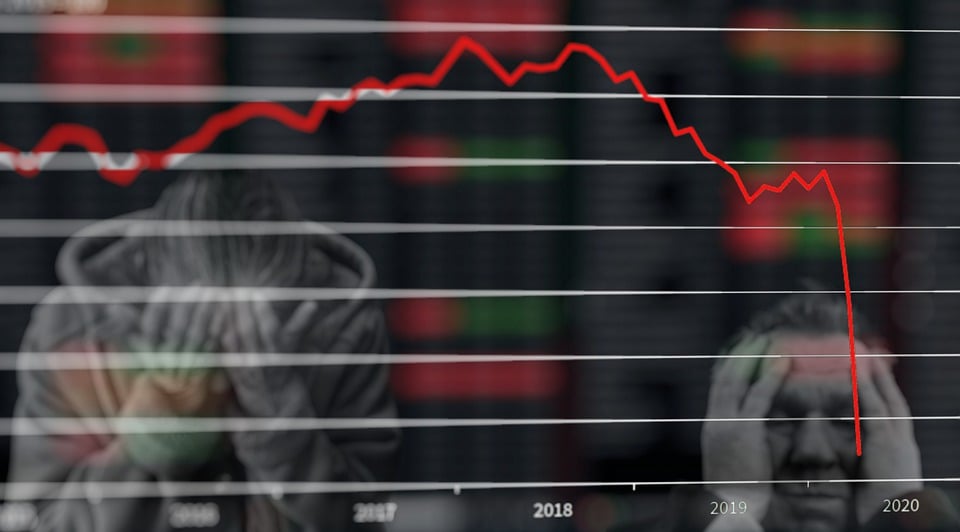Consumer Confidence Hits 19-Month Low

Image Source: Pixabay
The White House is desperately trying to convince everybody there isn’t a recession, but the average American doesn’t seem to be buying the narrative.
Consumer confidence plunged to the lowest level since February 2021 in July, according to the latest survey by the Conference Board.
“The decline in consumer confidence tells us that the economy is on unsure footing,” LPL Financial chief economist Jeffrey Roach told Reuters.
The Conference Board’s index dropped for the third straight month, falling to 95.7 from a downwardly revised June number of 98.4. The expectation was for a reading of 97.
The Present Situation Index dropped to the lowest level since April 2021, falling from 147.2 to 141.3. The measure of expectations, reflecting consumers’ six-month outlook, was even more dismal. It fell to the lowest level since 2013. As a result, the number of people surveyed who intend to purchase major appliances like refrigerators or washing machines came in at the lowest level since the current series began in late 2010.
People have also started to worry about the labor market. The number of people surveyed who think jobs are “plentiful” fell to just over 50%. That is the lowest level in over a year. This is another indicator that the job market is softening. Weekly jobless claims rose for the third straight week last week, hitting the highest level since last fall. An economist at Bloomberg Economics said this could be a sign that we’re in a downturn.
While jobs are still generally viewed as plentiful compared to pre-pandemic highs — a plus for the camp that thinks the Fed can manage a soft landing for the economy — the current mix of rising jobless claims, deteriorating sentiment, and weak equity-market performance has always been associated with an imminent or concurrent downturn.”
The senior director of economic indicators at the Conference Board noted this was the third straight month of falling consumer confidence and warned that it signaled to slow economic growth in Q3.
The decrease was driven primarily by a decline in the Present Situation Index—a sign growth has slowed at the start of Q3. The Expectations Index held relatively steady, but remained well below a reading of 80, suggesting recession risks persist. Concerns about inflation—rising gas and food prices, in particular—continued to weigh on consumers.”
This is yet another recession red flag and bad news given that Q1 growth was negative and the Atlanta Fed projects another negative GDP print for the second quarter.
Things don’t look to get better any time soon, according to the Conference Board economist.
As the Fed raises interest rates to rein in inflation, purchasing intentions for cars, homes, and major appliances all pulled back further in July. Looking ahead, inflation and additional rate hikes are likely to continue posing strong headwinds for consumer spending and economic growth over the next six months.”
More By This Author:
Tanking Housing Market a Red Flag for the Broader Economy
European Central Bank Goes Hawkish; But Not Really
Taking Gaslighting to New Heights the White House Changes the Definition of “Recession”



